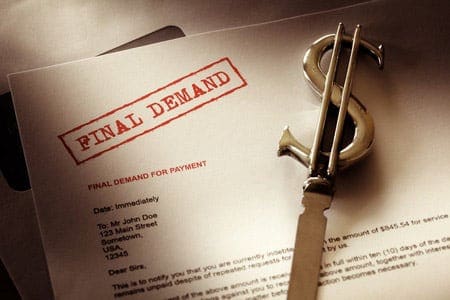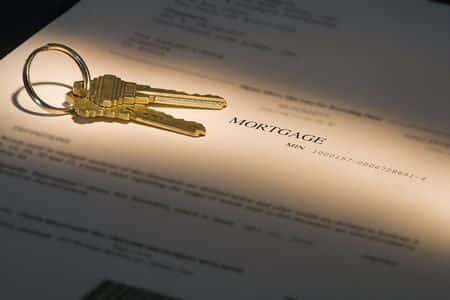Hearing from a Collection Agency
Receiving a letter from a collection agency or attorney can be very intimidating.
- A collection letter may be written in a very friendly manner — ”Welcome to ABC Collections, we look forward to serving you and helping you determine which option works best for you to manage your debt.”
- Collection notices can be very threatening — ”If you do not pay the balance in full within thirty days, we will file a lawsuit to collect the debt from you.”
Whichever one you receive (and you may receive both types), the goal for the collector is the same: to get a payment from you.
The placement of a debt with a collection agency or servicer means that your primary creditor has exhausted their in-house attempts to collect the debt. Before the collection agency became involved, those efforts usually started with multiple letters and phone calls.
Once your creditor decides that their attempts will not yield payment, they either sell your account to a third-party collector, or hire a debt collector to make further attempts at collection.
Collectors can be companies or attorneys. As collectors, they must all follow the Fair Debt Collection Practices Act (FDCPA) and the Pennsylvania Fair Credit Extension Uniformity Act (PFCEUA).
These laws protect consumers from over burdensome debt collection actions, such as telephone calls after 9 pm, threats to take any action they cannot legally take to collect a debt, falsely identifying themselves as a government agent, or communication via postcard. It also forces any attorney or company to identify themselves as a debt collector either orally during a telephone call or in writing in any written communication.
Can a Collection Letter Lead to a Lawsuit?
Receiving a collection letter can be considered the first step in the collection process that could lead to a lawsuit being filed against you to collect the debt.
A collection agency from whom you have received a letter will typically turn the file over to an attorney if they are unable to acquire a payment. The attorney may send their own collection letter in an attempt to get payment before filing a lawsuit. These letters must also comply with the FDCPA and PFCEUA regulations concerning debt collection.
Once a lawsuit is filed against you to collect a debt, your options become limited as to how to deal with the debt.

You can learn more by reading our article Served with a Lawsuit?
If you receive a collection letter, please don’t ignore it. The problem will not go away!
This letter may be the first sign that you are not able to manage your current debt. Many people receive a collection letter and call the collector to make payment arrangements that they cannot afford. If you are unable to pay the debt for any reason, you should consider debt negotiation or bankruptcy.
Find out what options are available for you. Call us today at 877-827-9006, or complete our easy to use Contact form. We’re ready to help.




